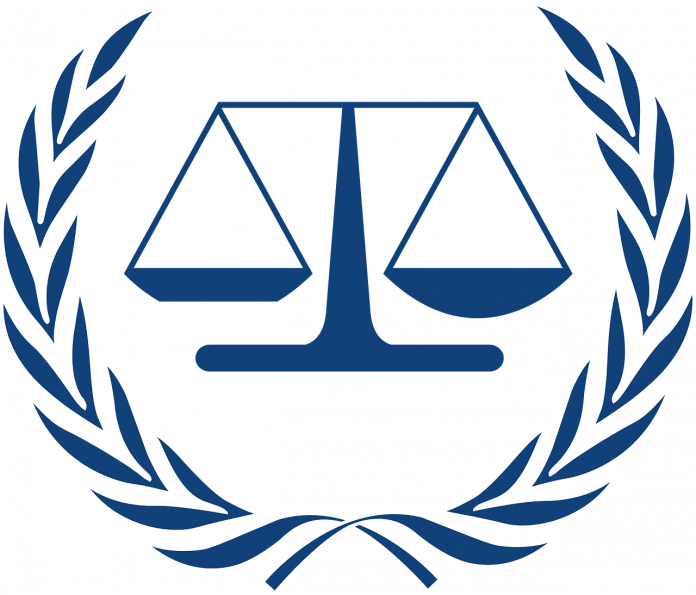More Answers To Your Questions
#MondayLawSeries
This week, we will continue with the frequently asked questions series.
In the United States, there are laws against employment discrimination. These laws are in place to discourage unfair treatment in the workplace.
Also, the laws provide a business-friendly environment for immigrants. After all, the United States is a nation of immigrants.
Throughout the series, we’ve provided detailed answers to several questions about employment discrimination charge.
Today, you’ll discover more about the hearing, who would represent you, and much more.
- The Hearing — Where Will It Be Held?
The hearing will take place in a location close to your workplace.
Then you’d be given an opportunity to explain yourself and state why you think that your employer discriminated against you.
- How Will You Be Represented At The Hearing?
It all depends on how your hearing is handled.
If the OSC filed the discrimination charge, the OSC attorney would represent the government at the hearing.
In situations where you’ve got an attorney, your attorney can represent you.
However, in cases where you filed the charges without an attorney, you’d have to represent yourself.
- After Filing Your Complaint, Will A Judge Be Involved?
The involvement of a Judge is dependent on how you handle the case.
In most cases, a judge won’t be involved, and there will be no hearing. Here, an agreement will be reached, and your employer would have to settle you.
The settlement may be in the form of payment, hiring you for the job, or any agreement you’d have.
However, there are situations where an agreement will not be reached, and a judge would get involved. For situations like this, a date will be fixed for the hearing, and you’d appear before the judge to validate your discrimination claims.
- What If Your Discrimination Claims Are Found To Be True?
If the judge rules in your favor, your employer will be ordered to do any of the following
- Give you the job or rehire you
- Pay a specified sum of money as fine. But the fine will go to the US government.
- Your employer will be given direct instructions to stop discriminating against you
There are cases where your employer will be ordered to pay you lost wages.
In these situations, you’d have to provide relevant documents that show
- If you’ve been searching for jobs
- How much you’ve been paid in your other jobs
The papers will help the judge ascertain the exact amount of money to be paid to you.
Proper documentation plays a vital role in the filing of an employment discrimination charge. Therefore, be sure to keep an adequate record during the period.
- What If Your Discrimination Claims Are Found To Be Invalid?
Well, this part isn’t juicy, and there are downsides to it.
If your claims are invalid, nothing will be done to your employer.
But if your case has no basis with no factual claims, you may be ordered to pay your employer’s attorney — don’t worry, it rarely happens.
Also, if you feel that the judge did a terrible job, you can go ahead and appeal to the federal circuit court of appeal. This time, you’d need an attorney.
Every immigrant in the United States has a right to fair treatment in the workplace. In situations where you’re denied this right, you should fight back by filing an employment discrimination charge.
Have you filed an employment discrimination charge before? Use the comment section to share your experience with us.


